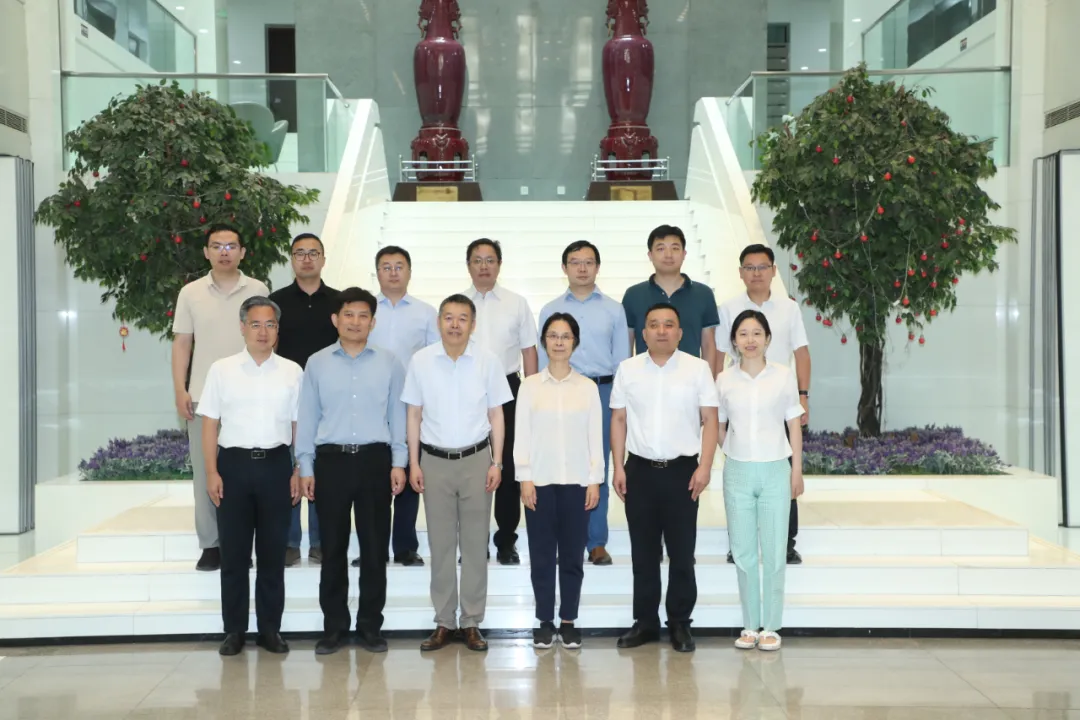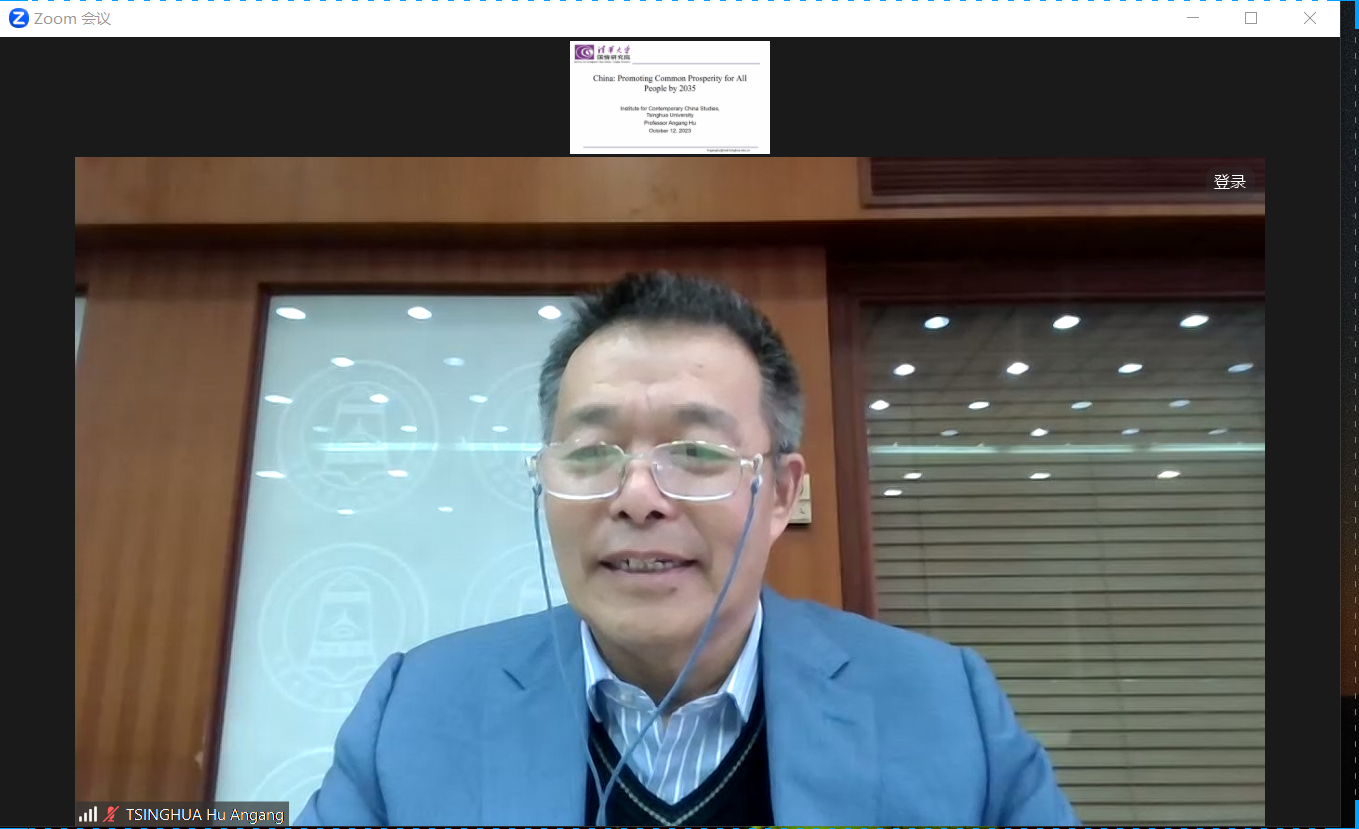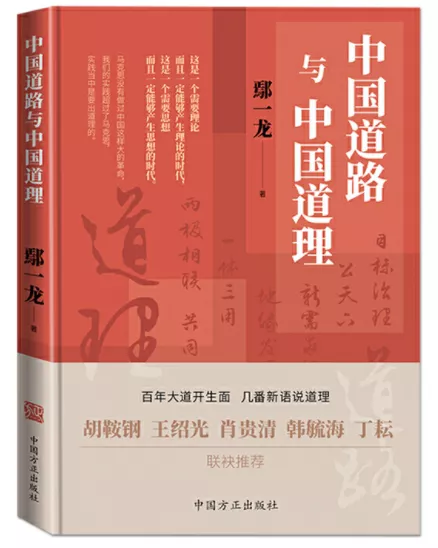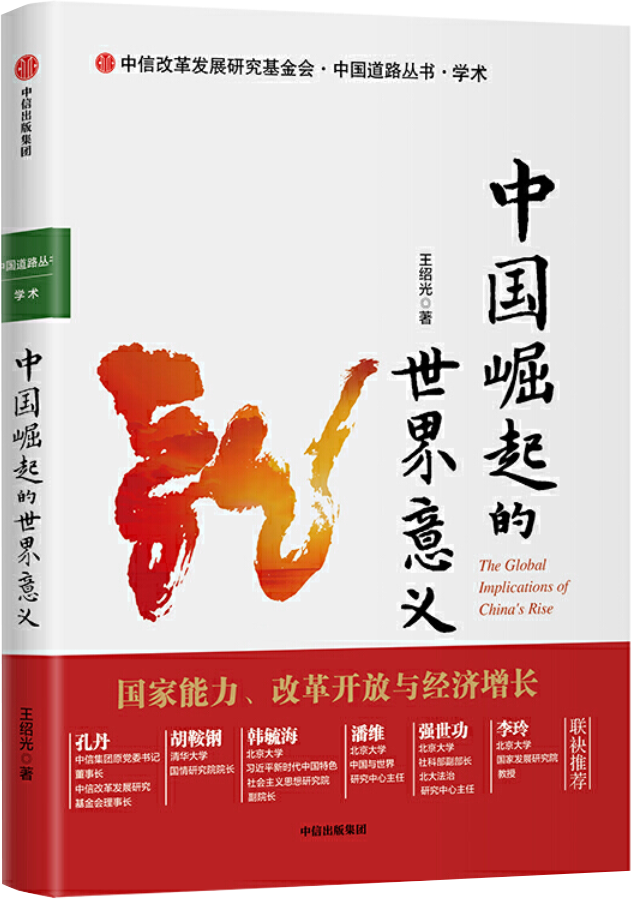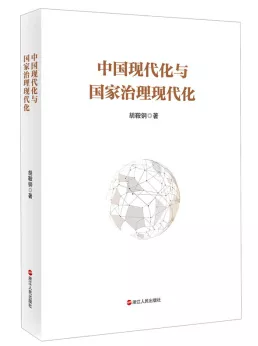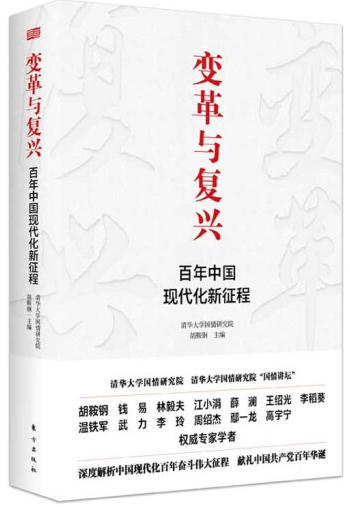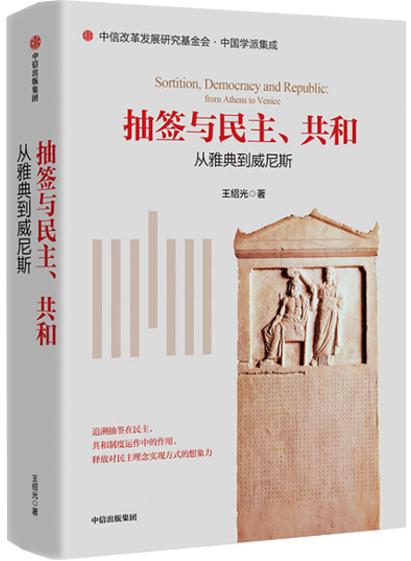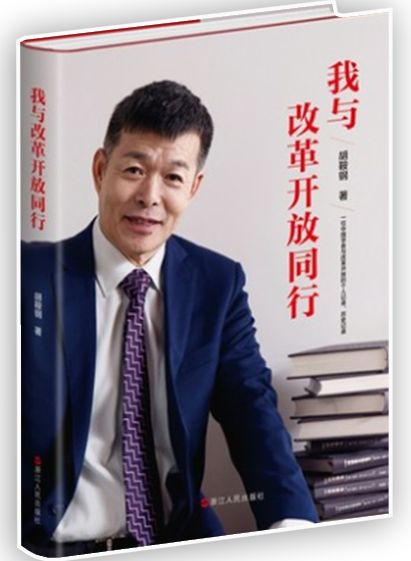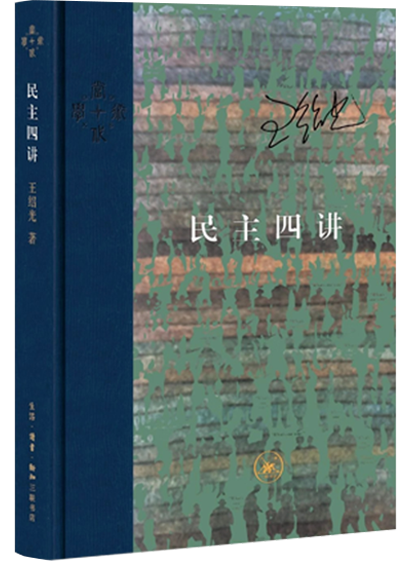研究领域:

While many see the two economies drifting apart, a solution to the unfolding trade dispute would open hearts and minds to benefits of cooperation.
第一届诺贝尔经济学奖得主,荷兰经济学家丁伯根 (Jan Tinbergen)于1961年提出了“趋同理论”,即随着“共产主义国家”引入更多市场机制和西方“自由主义国家”的公共部门的日益扩大,双方体制之间出现了一种趋同的趋势,虽然并不一定发展到完全一致。“趋同”的机制有两个:一是各自在实践中学习和调整,二是彼此互相借鉴。相互借鉴往往不是来源于对方理论的说服力,而是双方的体制竞争所迫使的。在冷战高潮时提出的趋同理论,让我们看到中美贸易冲突的积极意义,使我们有理由相信能够合理解决中美贸易纠纷,并认识到中美和平体制竞争对人类进步的正面影响。
文丨崔之元
清华大学公共管理学院教授、国情研究院研究员
原文载丨China Daily, 2019-10-08
By Cui Zhiyuan | China Daily | October 8, 2019
The author is professor of Tsinghua University and research fellow of the Institute for Contemporary China Studies.
Ever since the United States initiated the trade war with China, talk of the two economies decoupling has become ever more prevalent in international public opinion. However, we should not lose sight of the process of "convergence" still in operation.
Jan Tinbergen, a Dutch economist who became the first recipient of the Nobel Prize for Economics in 1969, proposed the theory of convergence. According to him, the "socialist economies" and "free economies" were undergoing fundamental institutional changes: the market mechanisms were being increasingly introduced into the former, while public sectors were playing a bigger role in the latter.
Though not necessarily ending up in the same institutional configuration, the converging nature of these changes was unmistaken.
Take the example of the debate on"5G nationalization" in the US, because of perceived national concerns. Without the competitive pressure of the Chinese telecommunications giant Huawei, it is difficult to imagine the almost taboo word "nationalization" entering the US public policy debate.
Though the US government has not in the end adopted the nationalization of 5G proposed by the National Security Council, the tendency of convergence can still be identified. Take another example from the issue of legitimacy of industrial policy.
Though the US trade negotiation team is critical of China's industrial overcapacity, two famous Massachusetts Institute of Technology economists, Jonathan Gruber and Simon Johnson, in their new book Jump-Starting America: How Breakthrough Science Can Revive Economic Growth and the American Dream, suggest 102 places where the US could jump start the industrial policy, not dissimilar to the Chinese policy of "special economic zones".
The tendency of convergence can also be observed on the side of China. Ever since the trade dispute began, China has officially committed to the Organization of Economic Cooperation and Development principle of "competitive neutrality" of State-owned enterprises.
As a matter of fact, this principle is consistent with the Chinese Communist Party's resolution on Comprehensively Deepening Reform adopted by the Third Plenary Session of the 18th CPC Central Committee. A key word from the resolution is "mainly focusing on the management of state capital".
It means that micromanaging a concrete enterprise is no longer the main task. The state will behave more like a portfolio investor, investing public capital in diverse enterprises, not necessarily being the majority shareholder in each of them. Though there is still a long way to go to fully implement the resolution, the direction of the reform is clear.
James Meade, a British economist who was also a winner of the Nobel Prize for economics and a colleague of Tinbergen when they both worked for the League of Nations in the late 1930s, proposed a model of "liberal socialism" for every country in the world. In his scheme, there is a so-called topsy turvy nationalization, which means the state should act as a shareholder receiving residual income from its enterprises without having control rights over the enterprises.
He used topsy turvy to contrast it with the United Kingdom's nationalization after the end of World War II. At that time, the UK government issued huge public debts in order to buy off the private owners of enterprises.
The government then used the profit from the nationalized enterprises to pay interest on those debts. Therefore, the government did not benefit financially from state ownership of the enterprises, while assuming the tedious task of micromanaging them, which its bureaucratic nature made it unfit for.
Meade wanted to reverse this: the state should invest public capital in diverse enterprises and use the profits to pay a "basic income" (or "social dividend", to use his own word) to every citizen, while unburdening itself from the task of micromanaging concrete enterprises.
It is not difficult to find the kindred spirit between Meade's "liberal socialism" and the Chinese notion of a socialist market economy, especially if we compare his topsy turvy nationalization with the key word "mainly focusing on the management of state capital" of Chinese central authorities' resolution.
If Jan Tinbergen could optimistically envision "convergence" in the high tide of the Cold War, we have reasons to hope for a solution to the US-China trade dispute, since we are not yet in a new Cold War. What is required is opening of hearts and minds on each side.


